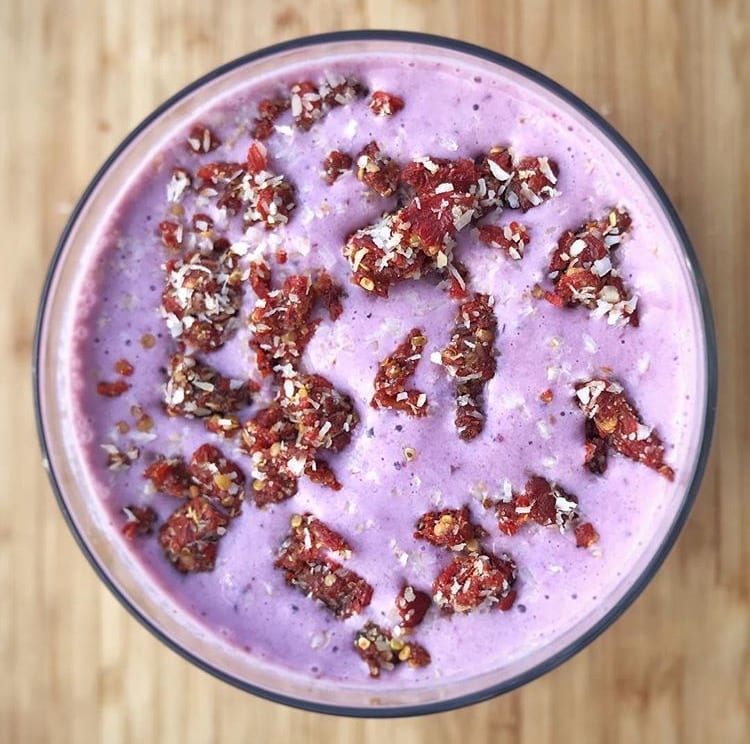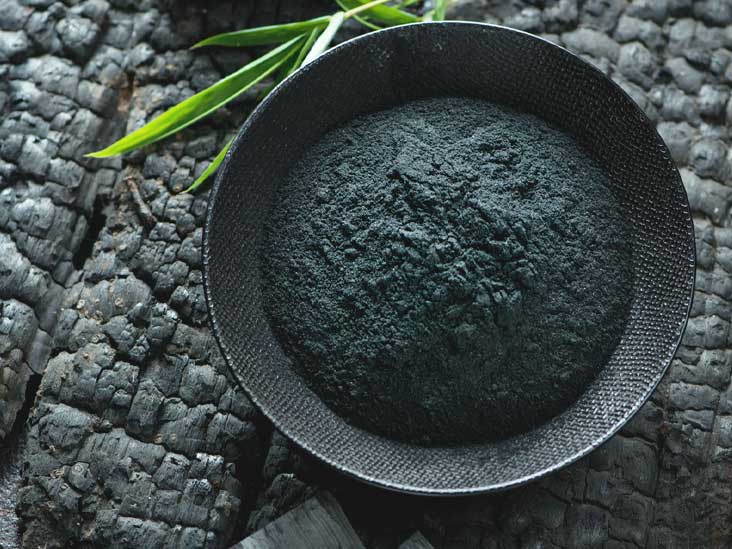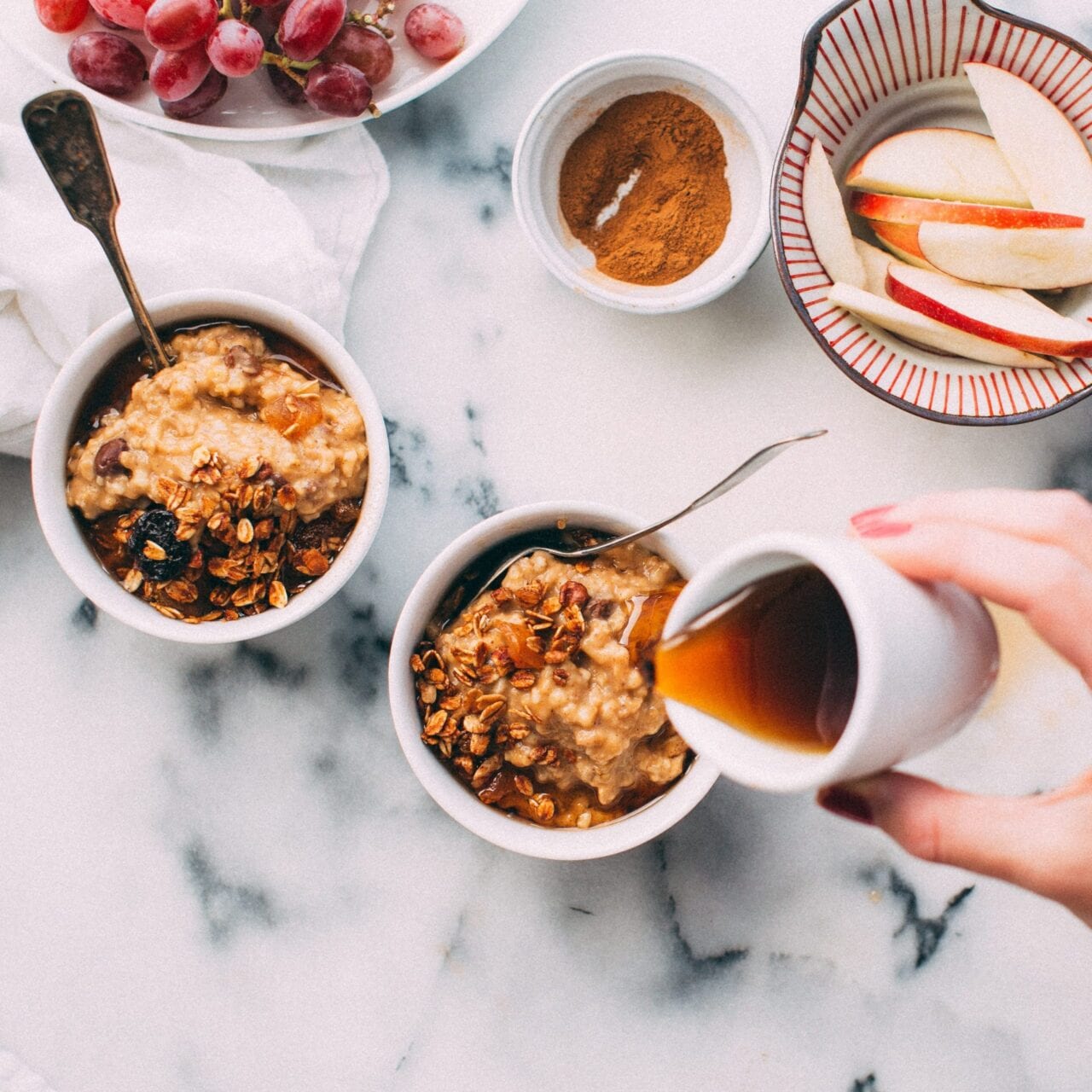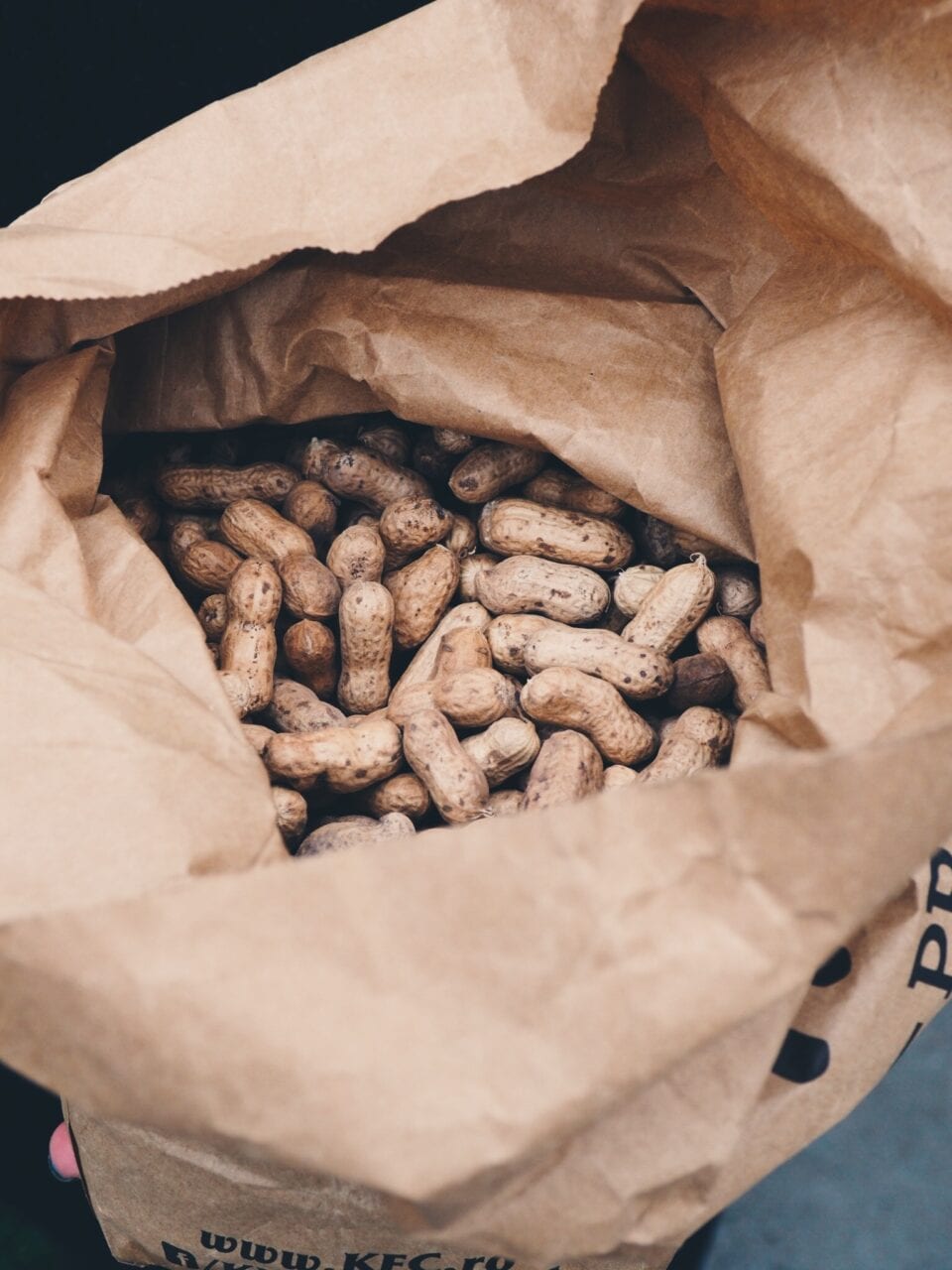
As we discussed in our previous post on all things whey protein, there is an array of options that makes finding the right option quite the task! Same goes for vegan or plant-based protein supplements – with our options now including not only soy, but also brown rice, hemp and pea, just to name a few of the main ones.
So let’s take this opportunity to review them. Which ones are superior overall, or is there a combo that may suit best? We look at the amino acid profile, protein content, and of course the other factors to consider.
Straight to the Overview

Pea Protein
This addition to the vegan protein market has been a welcomed addition. It is gluten free, lactose free and of course dairy free. It contains a great level of amino acids and is particularly good in meeting needs for branched chain amino acids (BCAAs). However, it is low in methionine in particular, so should not be used as a sole protein source.
For this reason, you will often see pea protein combined with another powder such as brown rice to compliment the amino acid profile. In terms of balance, taste and mouthfeel, this combo is my pick!
Soy Protein
Soy protein is superior to other plant-based protein supplements if you are looking at the amino acid profile and speed of absorption. However, it is also lacking the essential amino acid methionine, so should not be the sole source of protein. Although there is a lot of bad press around soy, the negative effects are at very large dosages – so as long as supplementation is done in moderation and other protein sources are consumed in a balanced diet, this protein is a good option to incorporate.
Hemp Protein
Hemp protein is comparatively lacking when you look at it’s essential amino acid profile and singularly, it’s leucine content. However, it does have some added benefits of a great fatty acid profile and fibre to consider. As a result, if you are using this protein for recovery and muscle protein synthesis, you will need a larger dose.
Brown Rice
The biggest limiting factor with brown rice protein is it’s lysine (an essential amino acid) content. However, it is a good source of all other amino acids, so it makes a great protein vegan protein source as long as you are complimenting it with other proteins from a variety of sources. A big ups for brown rice is also its concentration of protein per gram, meaning your dose will be similar to soy and pea proteins.
As lysine is low in brown rice protein, pairing it with pea protein is a really good option.
Summing Up
As long as you are following a balanced and varied vegan or plant-based intake, there is no need as such to supplement with a protein powder. However, like whey-based protein supplements, they can offer a convenient and concentrated protein source to either be consumed as a recovery drink or added to foods to increase their protein content.
A little word of warning however, is that plant-based proteins are at higher risk of contamination as the plants are particularly prone to absorbing heavy metals from the soil. So simply be mindful that like all supplements, there is a risk that exists (and no, choosing organic did not make a difference to this risk of contamination).
As we always say, focus on food first and utilise protein powders as an opportunity for convenience and/or to supplement if food intakes are sub-optimal.


